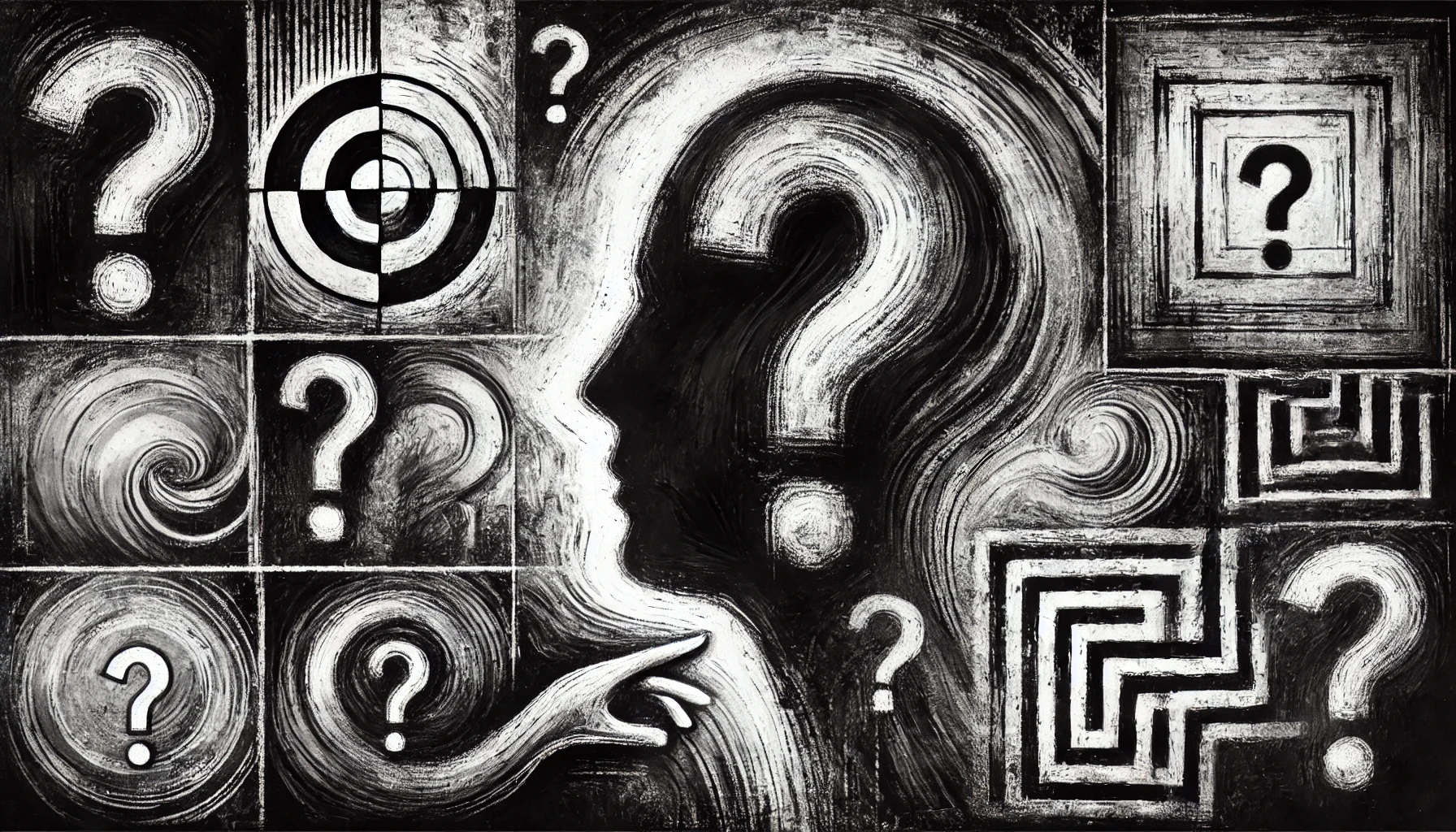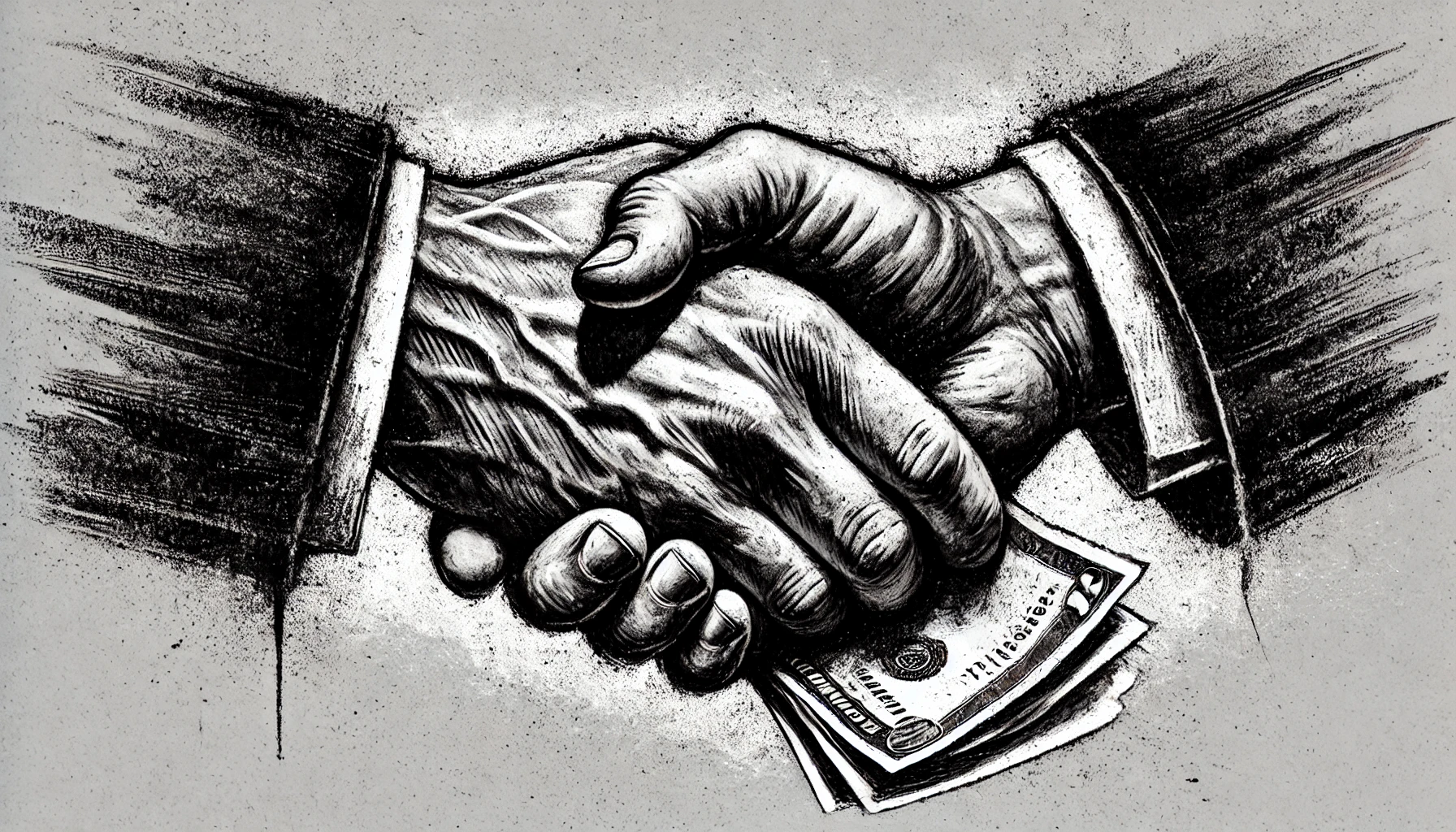Production
The Future of Biomaterials | Sustainable Alternatives to all Leather

Where do your ethics align?
With more and more "vegan leather" marketing being pushed onto us, the consumers, without the inside scoop and understanding of global supply chains, I think it's hard to have an eye-wide-open opinion.
I wanted to have this out online and see what you thought.
Firstly, **Ethical DISCLAIMER** This is quite a significant conundrum, and my gut and my conscious do wrestle with this, so I wonder what others feel.
What is Animal Leather?
Animal leather is a material made from the skin of animals. It is typically made from cows but can also be made from pigs, goats, sheep, and other animals. We have encountered businesses using Shark Leather from Western Australia a by-product of the Shark Fishing Industry, and many Australians would be accustomed to Kangaroo Leather.
The supply chain of the leather product itself starts by tanning the animal hide to preserve it and make it more durable. The hide is treated with chemicals or vegetable oils to prevent it from decomposing and to give it the desired texture and appearance. Leather is a versatile material that is used in a wide range of products, including clothing, shoes, bags, and furniture.
My take on Animal Leather and the industry involved.
- Animals have been killed for more than centuries for food and Pelts, Hides, Skins and Fur. This practice is older than the measurement of time itself.
- Industrial Agriculture for meat done wrong is one of the largest impacting industries - cannot be any argument there. It's wasteful, ultimately the wrong way around and needs to change.
- I have a problem with killing animals where the meat is not used, where the animal is not used from nose to tail. So even breading for feathers or leather and not eating, I think this is wrong.
- For instance, Wool, where the animal is not killed, and the future for animal safety is improving, is a renewable resource with many functions. It's a carbon sequestration process; when the Sheep only eat grass, there is very little methane.
Is it Vegan Leather?
Vegan leather, also known as synthetic or faux leather, is a type of material made to resemble the look and feel of genuine leather but is made from non-animal sources such as polyurethane or PVC. My opinion on this matter is very clear, let it be known we use RPET as much as possible when using this material and we hope to grow with our partners to be able to offer the Bio-Alternatives to their supply chains in the future.
PU, RPET and Petroleum-based so-called Vegan Leathers.
- PU products are created from oil and petroleum at the beginning of their supply chain, and so I have an ethical disagreement with being able to call this vegan. My opinion of being vegan is that you want to protect animals, finding it karmically in-balanced to kill or harm animals. Creating this product and its supply chain has enormous ecological effects on the planet, so the intern makes a less habitable home for the animals.
- Yes, you can make leathers from RPET now, which is better for sure, though I also have a little feeling of uneasiness that this might continue to give the industry the feeling that it's okay to make virgin plastic because it's being recycled.
What do I think real Vegan Leather is ?
My happiest Medium.
Bio-Materials and leather-like material made from plant-based sources rather than animal hides. Vegetable leather is made by processing plant materials, such as mushrooms or cork, to create a material that has a similar appearance and feel to animal leather. It is often used as a vegan alternative to animal leather, as it is made without using any animal products.
The mind-blowing - BioEconomy & Vegetable Leather -
- There are about 3 or 4 major players in the market atm racing and competing for a market share of this fantastic development in textiles - an inspiring space that will help vegans and leather lovers come together on a futuristic solution.
- Other alternatives coming to the forefront of the textile game are Pineapple, Kelp and Coffee leather. It will be an excellent future when food waste products are used for leather.
Manufacturing Market Leaders
I found this hard to select just one though here.
- Italian company Modern Meadow is leading the way with BIO-TEX, a plant-based PU they call LAB-to-Brand. If you are interested in Eco Fashion, Sustainable systems or just great nerd improvements, this business is worth reading. You can see SENREVE the latest product https://www.biofabbrica.com/
The conclusion to writing and posting this article still has me on a fence comparing both supply chains of Vegan Leather and Traditional leather. In researching this article I came across a Professor in USA using Squid Teeth characteristics and genetically building/growing linen. It's truly amazing what will come in the future. Supply chains will be engineered to ensure we don't negatively impact people or the planet. We Assist co will be there helping brands and Businesses do the same.


